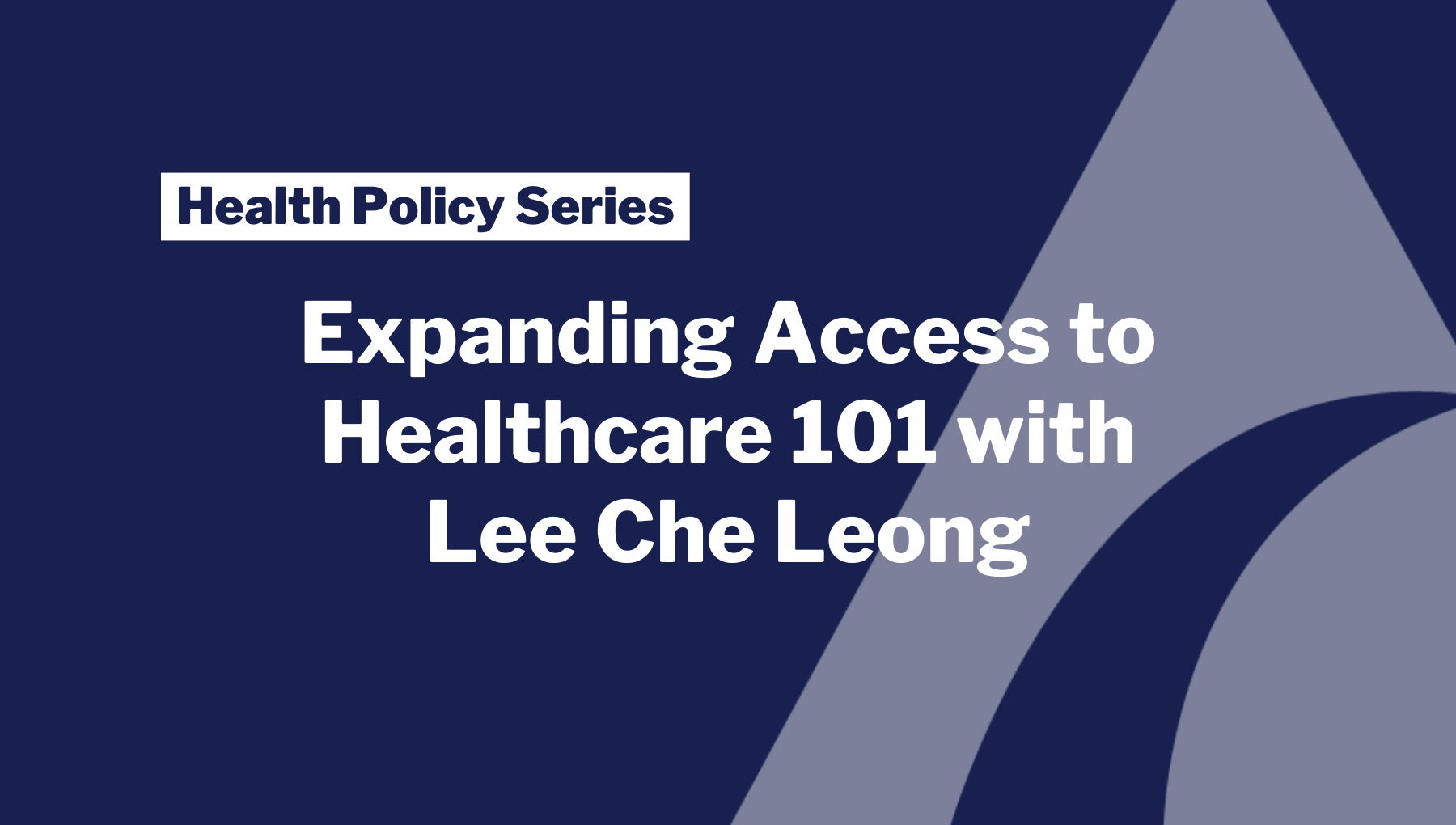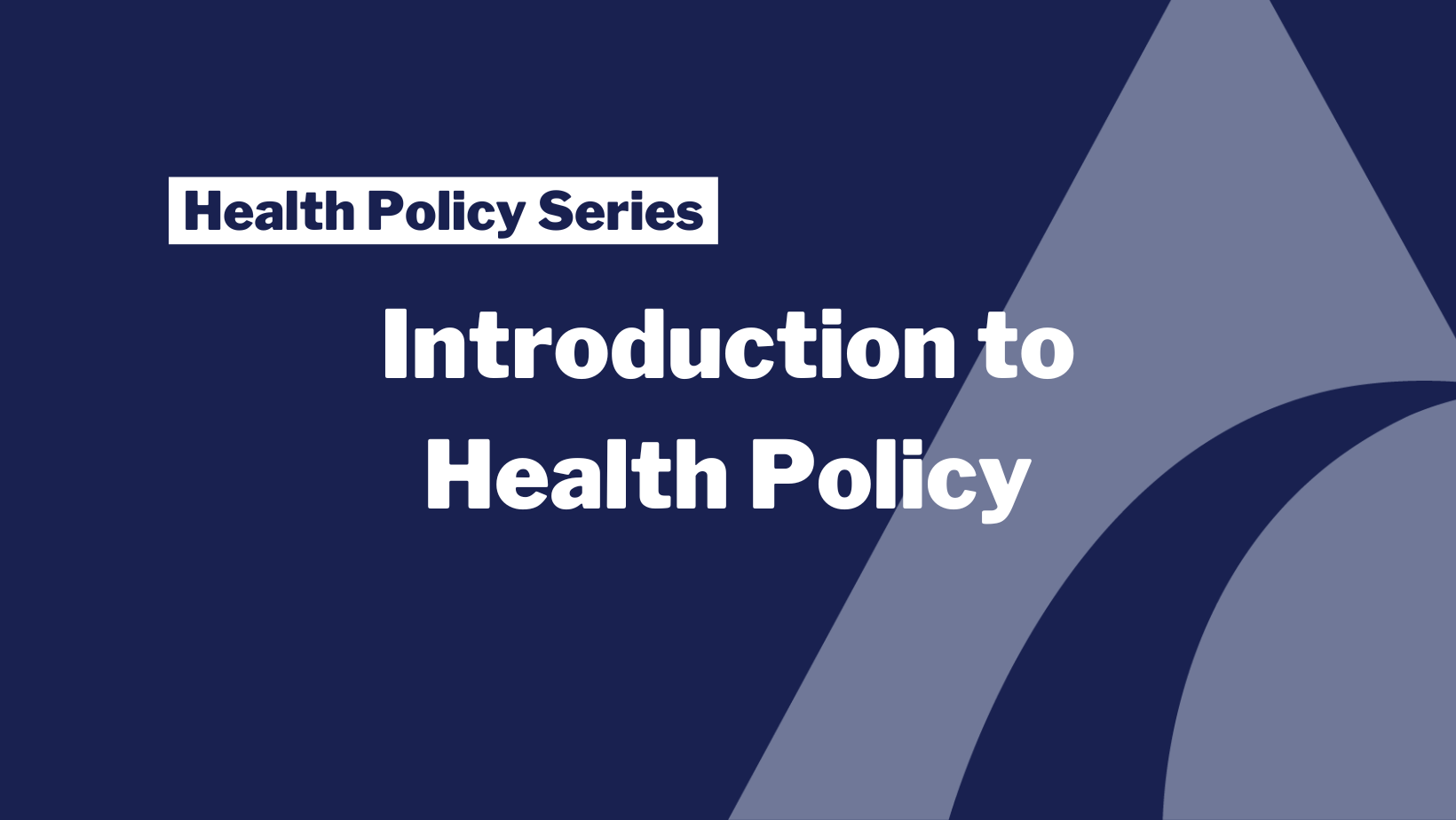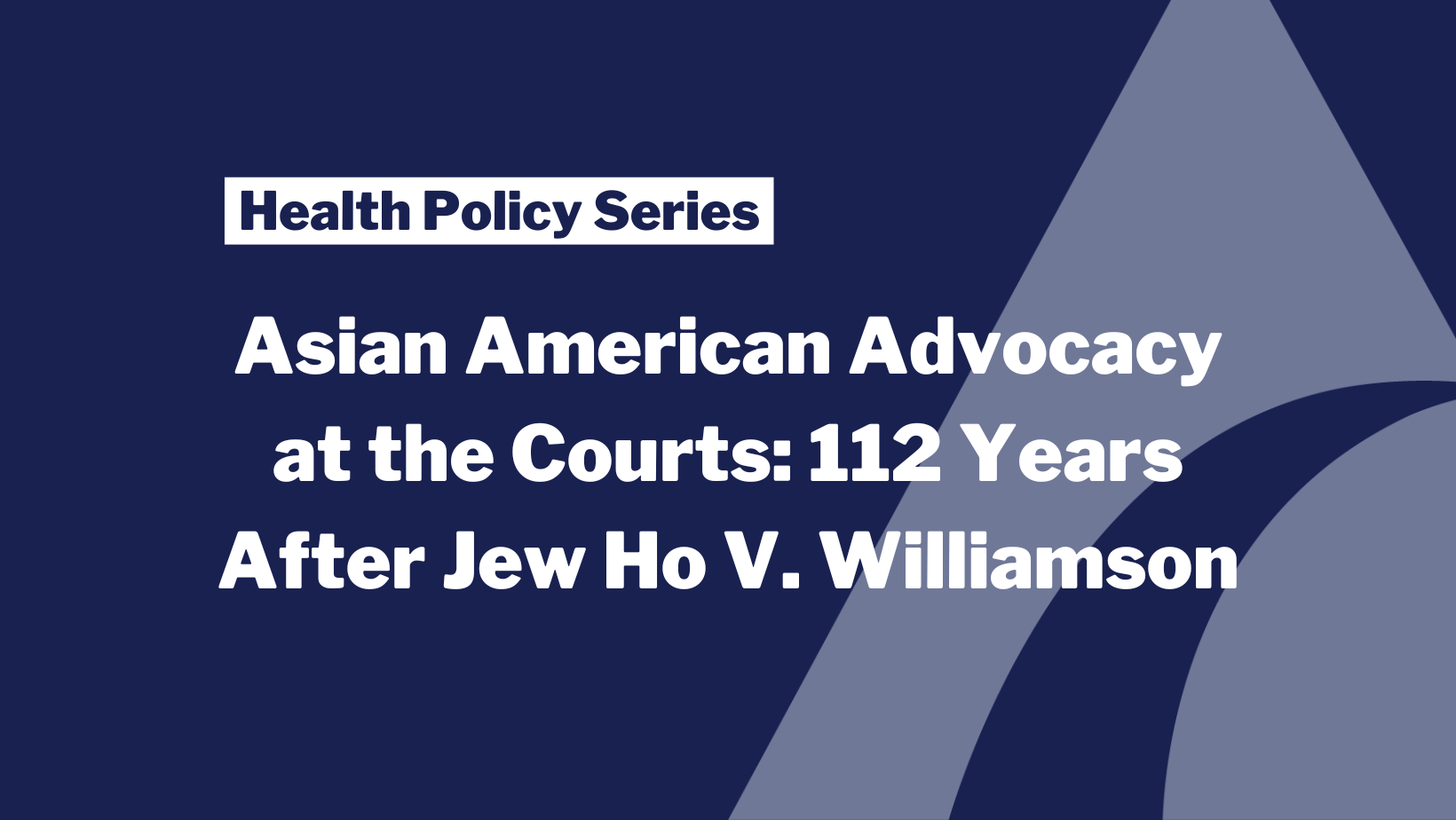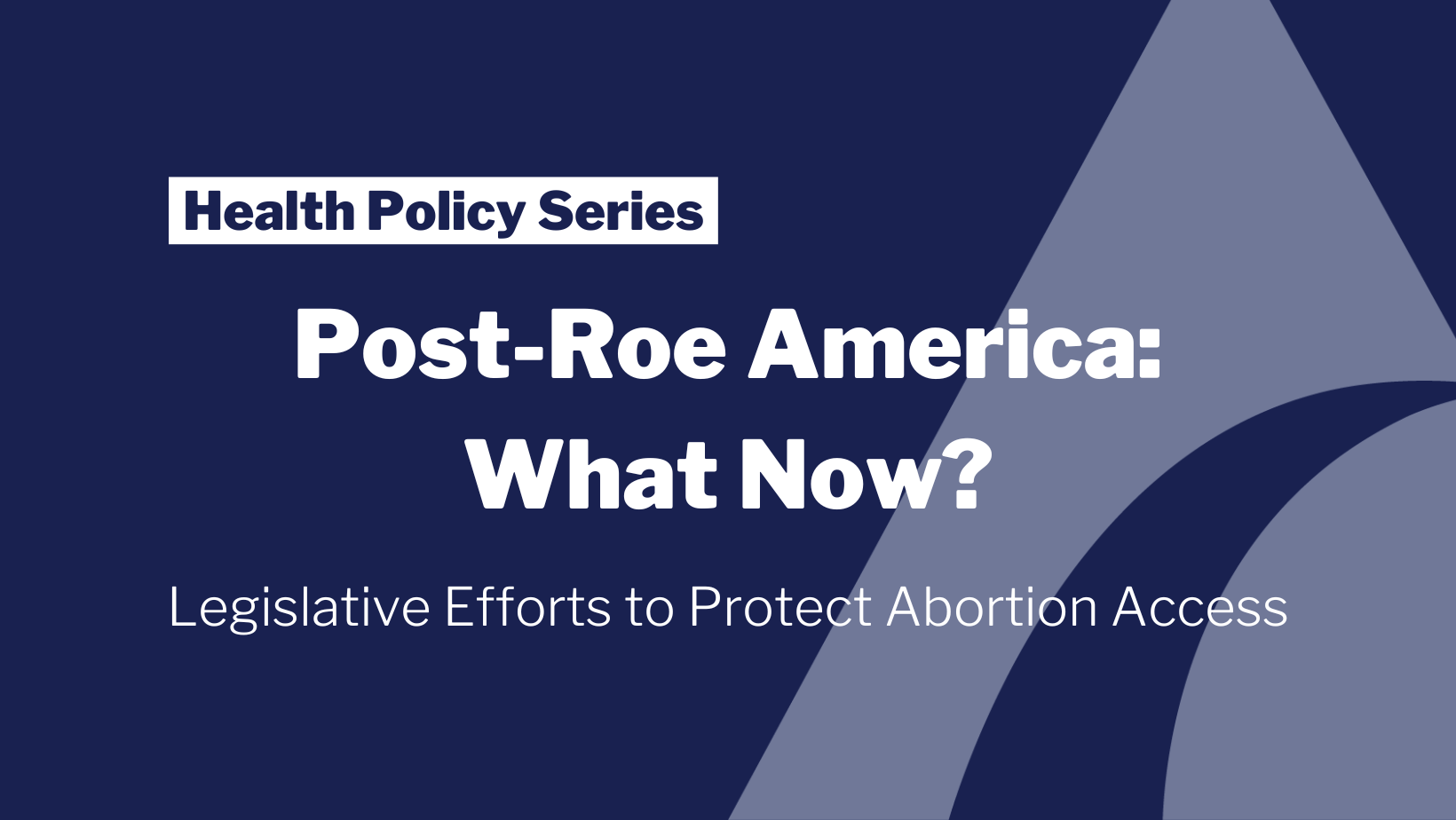Expanding Access to Healthcare 101 with Lee Che Leong
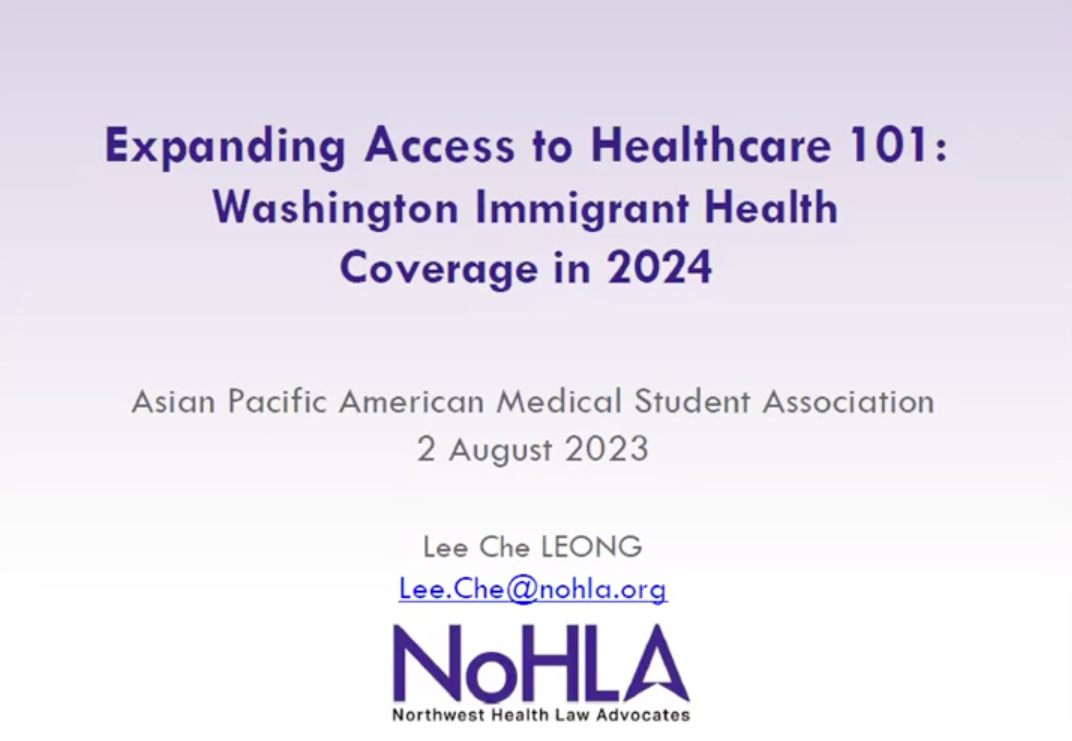
The Health Policy Speaker Event featured Lee Che Leong, a Senior Policy Analyst from Northwest Health Law Advocates (NoHLA), a healthcare advocacy group located in the Pacific Northwest. In her talk, Lee Che talked about NoHLA’s work in successfully advocating for universal access to health insurance plans in Washington state, irrespective of immigration status. In addition, Lee Che provided guidance to APAMSA members on how to be involved in advocacy as future physicians.
For any follow up questions, please email healthpolicy@apamsa.org
Health Policy Series: Introduction to Health Policy
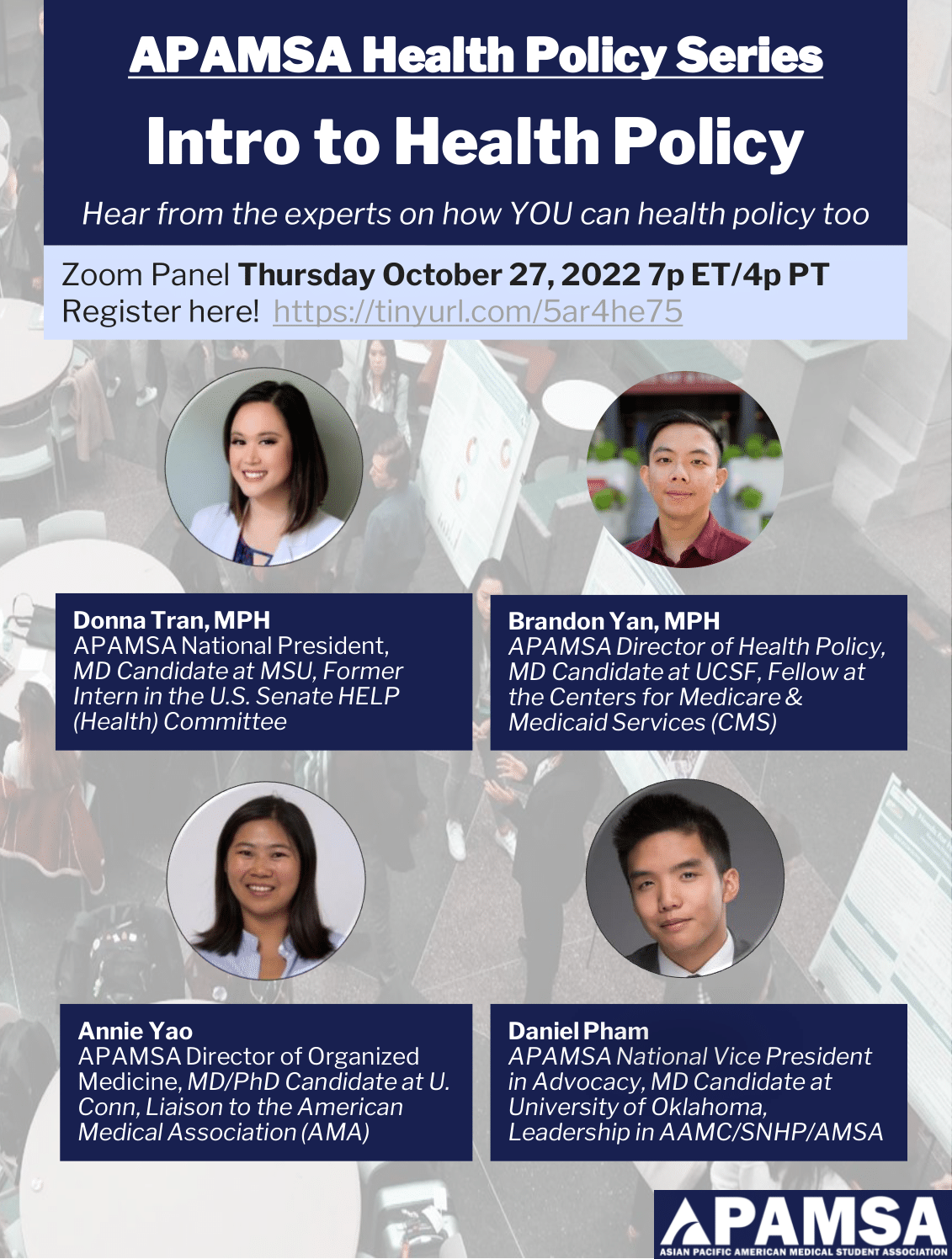
APAMSA Health Policy Series hosted an Introduction to Health Policy Panel for medical students on October 27, 2022. Panelists included Brandon Yan (Director of Health Policy), Daniel Pham (Advocacy Vice President), and Donna Tran (National President) on our APAMSA National Board.
For any follow up questions, please email healthpolicy@apamsa.org
Asian American Advocacy at the Courts: 112 Years After Jew Ho v. Williamson
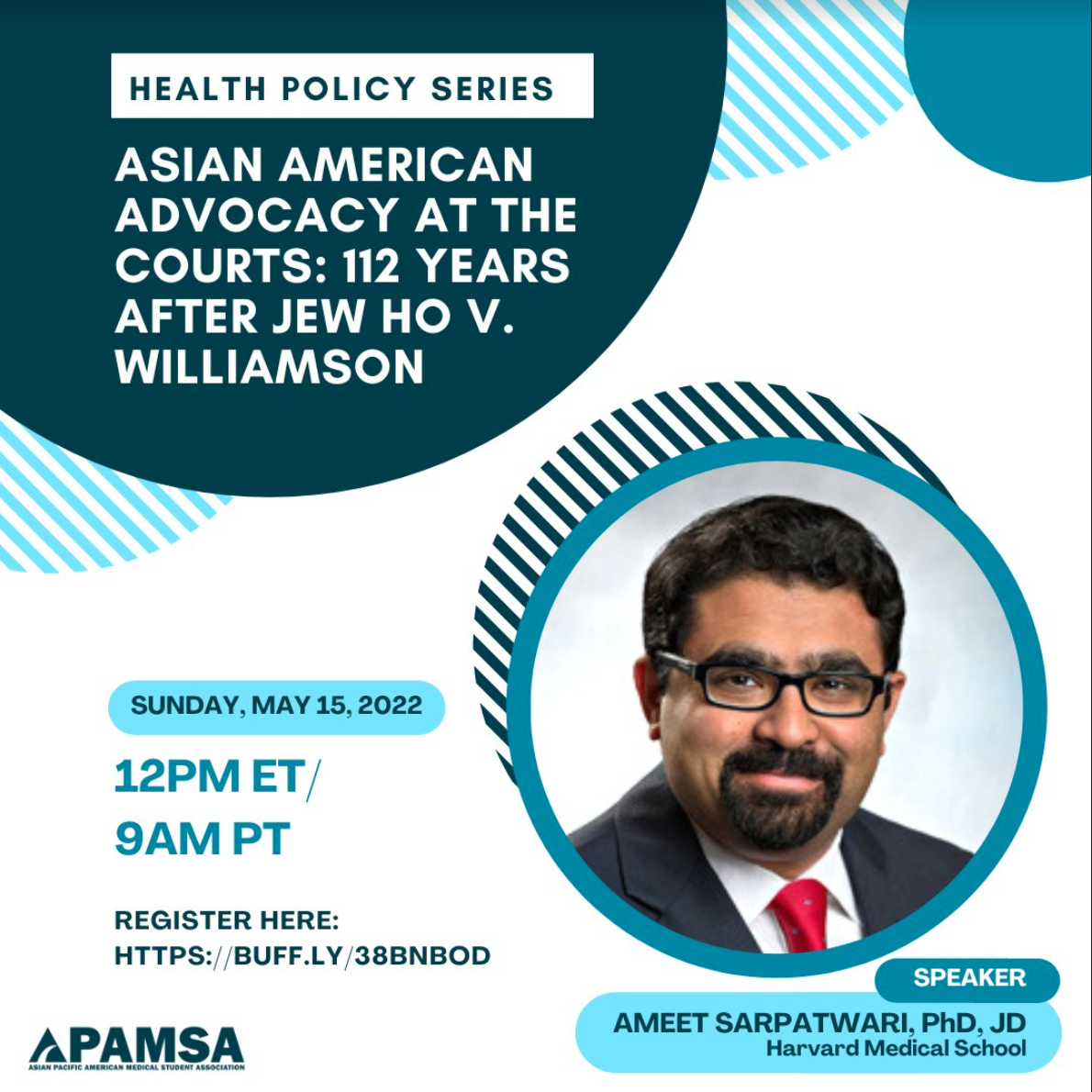
An entire neighborhood quarantined, the Chinese unable to leave. No, not COVID in 2022, but San Francisco in 1900. Public health law was used to oppress an entire people under false pretenses.
Come learn more about how the community fought back and won on May 15 during the next edition of our health policy series with Harvard professor Ameet Sarpatwari! 2022 proves to be a pivotal year at the Supreme Court with the looming overturn of Roe v Wade and a slew of high-profile cases on issues including immigration and gun rights. We bring Harvard Medical School professor Ameet Sarpatwari to talk about Asian American advocacy at the courts using a case that brings together anti-Asian racism, public health emergency powers, and Asian American resilience.
Come learn about how a brave Chinese American grocery store owner fought San Francisco in federal court and won. Professor Sarpatwari is professor of the highly-rated and student favorite course on public health law at the Harvard T.H. Chan School of Public Health.
Come join us for an engaging discussion, Sunday May 15 at 12pm ET/9am PT!
Post-Roe America: What Now? Legislative Efforts to Protect Abortion Access
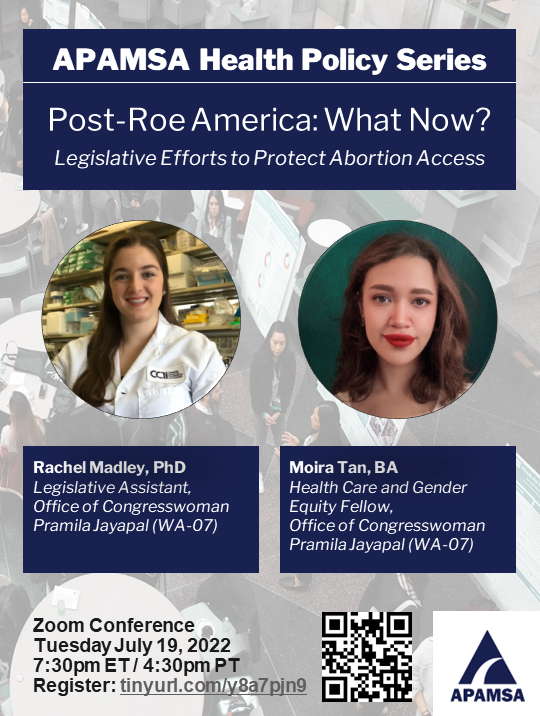
Roe v Wade is now overturned, and along with it the Constitutional right to an abortion. APAMSA stands firm in its commitment to reproductive rights including access to abortion services as specified in our official statement.
In the next edition of APAMSA’s health policy series, we will hear from special guests Rachel Madley, legislative aid in the office of Congresswoman Pramila Jayapal, and Moira Tan, health and reproductive justice fellow in the office of Congresswoman Pramila Jayapal, on the legislative options under consideration to preserve access to abortion in America following the overturn of Roe v Wade. They will also share how medical students can help support these efforts in Congress.
Disclaimer: APAMSA is a non-profit organization. The event is for educational purposes and should not be interpreted as an endorsement of any political party or candidate. The views expressed during this event are solely those of the speakers themselves and should not be construed to reflect the views of APAMSA or its affiliates.
ACA 12 Years Later: Impact on AANHPI Communities
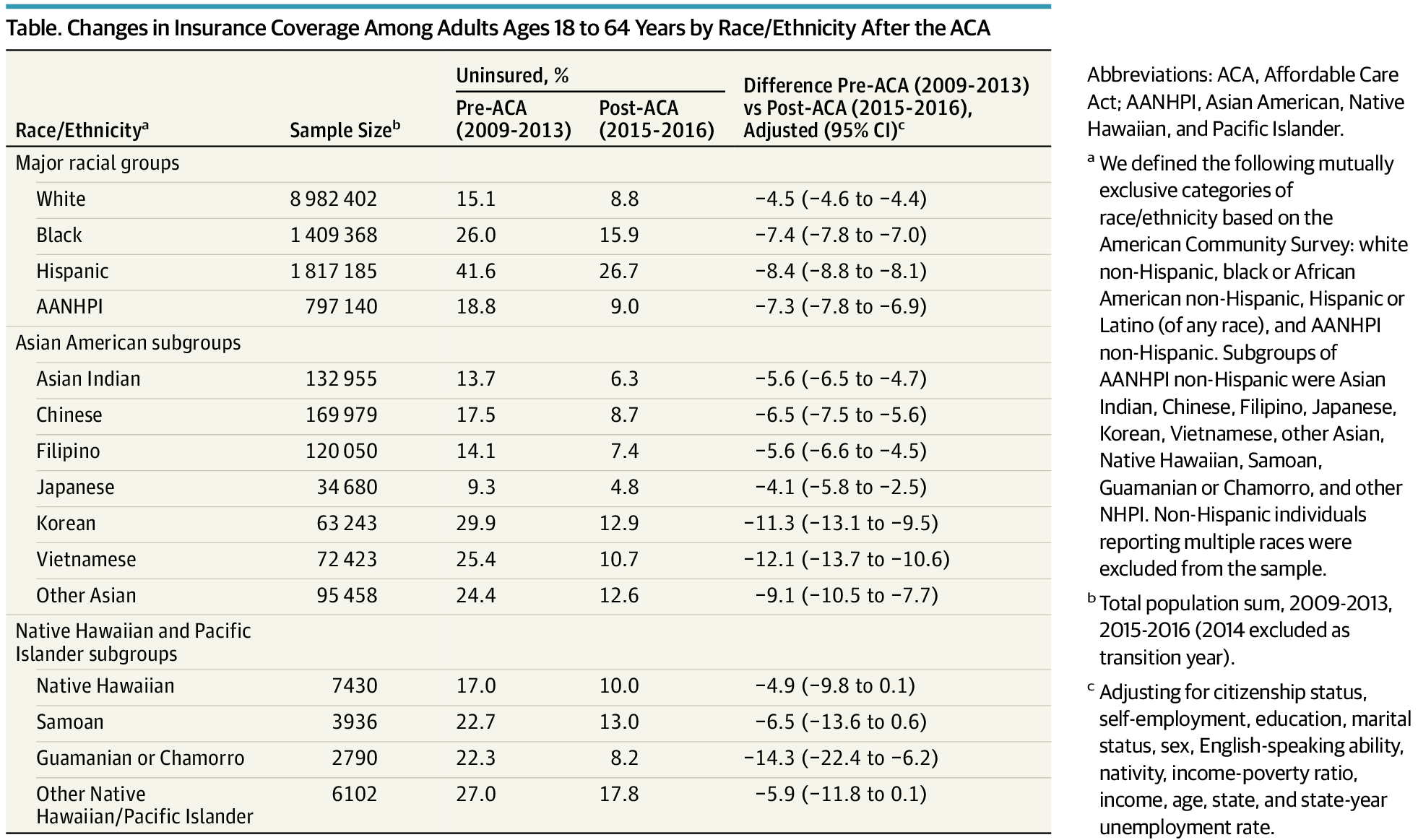
Twelve years ago on March 23, 2010, the Patient Protection and Affordable Care Act (ACA) was signed into law by President Barack Obama. The expansive law included provisions such as an expansion of Medicaid eligibility and the introduction of a health insurance marketplace with federal subsidies to help low-income Americans afford health insurance. Since then, the uninsured rate among non-elderly adults has fallen nearly 40% from 17.8% in 2010 to 10.9% in 2019 according to analyses by the Kaiser Family Foundation.
During this weeklong celebration of the ACA hosted by The White House and the Department of Health and Human Services, APAMSA highlights the impact of the ACA on the AANHPI communities. In a 2018 publication by John J. Park et al. in JAMA Internal Medicine, the authors found that the AANHPI uninsured rate fell by more than one half from 18.8% before the ACA to 9.0% by 2015-2016. In particular, the study examined differences by AANHPI subgroup. Korean Americans, who had the highest pre-ACA uninsured rate at 29.9%, saw their uninsured rate fall an adjusted 11.3 percentage points. Guamanian or Chamorro Americans saw a 14.3 percentage point adjusted reduction in their uninsured rate. In context, the ACA nearly eliminated the coverage gap between white and ANHPI Americans. Still, 7.4% of AANHPIs remained uninsured as of 2019 with uninsured rates for other race and ethnic groups as high as 20% for Hispanic Americans. Thus, the ACA may have significantly reduced the coverage gap, but it is clear that substantial work remains to achieve universal equitable health coverage for AANHPI communities and all Americans — a goal APAMSA remains steadfastly committed to realizing in our advocacy.
